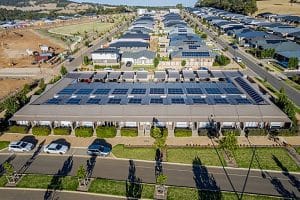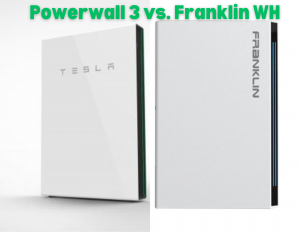While the worldwide financial collapse of 2008-2009 was a disaster in terms of job losses and fiscal security, latest figures from the European Environment Agency (EEA) show the global financial crisis combined with sustained strong growth in renewable energy led to a dramatic fall in greenhouse gas emissions in the EU in 2009.
Across the EU-27, total greenhouse emissions dropped by 7.1 percent, and the original EU-15 nations, which include the UK, Germany and France, recorded emissions decreased by 6.9 percent.
The EEA report states greenhouse gas emissions for the EU-27 are currently tracking at 974 million tons of carbon dioxide – or 17.4 percent – below 1990 levels. 2009 wiped 274 million tons of CO2 off the EU-15 nations’ balance sheet and according to the report the EU-15 appear set to come in almost 10 percent below emissions targets established under the Kyoto protocol. However, some may argue that a number of the nations involved have outsourced some of their emissions by moving manufacturing offshore.
As the recession impacted the European economy, demand for fossil fuels, particularly coal, fell sharply, leading to a drop in CO2 emissions of 355 million tons for the year 2008-2009. The largest reductions occurred in the cement, iron, steel and chemical industries. The EU Emissions Trading Scheme recorded a decline in carbon production of 11 percent in 2009.
Despite falling demand for carbon-intensive generated power, renewable energy sources such as solar, wind and biomass increased throughout the EU-27 economies to 5.8 percent in the reporting period, thanks largely to pro-renewable government incentives according to Professor Jacqueline McGlade, Executive Director of the EEA.
"Although much of the decrease in greenhouse gases is due to the recession, we are starting to see the results of many EU and Member States’ proactive policies in renewable energy. We hope that policy makers continue to build on this success to cut emissions further."
The carbon story for 2010 appears to be another matter. We published findings from an IEA report yesterday that show despite a marked uptick in renewable energy uptake, global carbon emissions skyrocketed last year as the world began climbing out of the grips of the GFC.







































